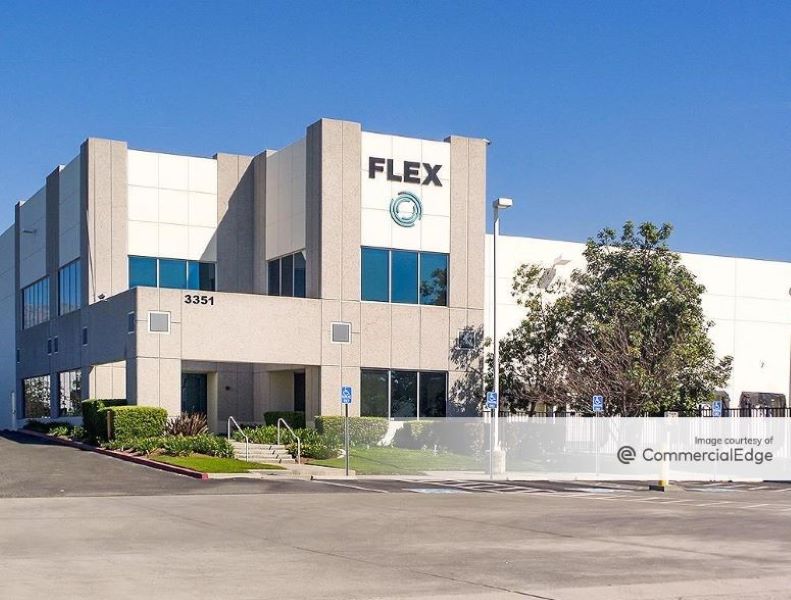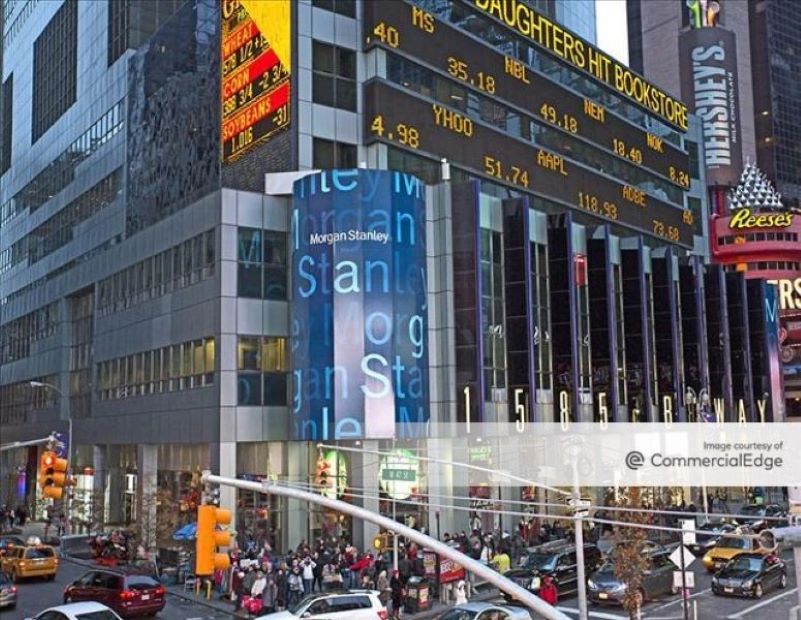Economy Watch: MGM Cuts Condo Prices
In an effort to keep buyers from wriggling out of their deals, and as a simple acknowledgment that the luxury condo market just isn’t what it used to be, MGM Mirage and its partner Dubai World are slashing prices for condos at their City Center development in Las Vegas by 30 percent.
By: Dees Stribling, Contributing Editor
In an effort to keep buyers from wriggling out of their deals, and as a simple acknowledgment that the luxury condo market just isn’t what it used to be, MGM Mirage and its partner Dubai World are slashing prices for condos at their City Center development in Las Vegas by 30 percent.
The multi-use development on the Strip features 2,440 residential units. The reductions will affect properties at the Mandarin Oriental Las Vegas; Veer Towers; and the Vdara Condo Hotel. “This price reduction is an appropriate step to take on behalf of our buyers so as to provide them greater flexibility in closing on their residences,” Bobby Baldwin, City Center CEO, said in a statement.
It’s the latest bit of ill-fortune for the ill-starred development, which saw MGM Mirage nearly go bankrupt and at one point Dubai World seemingly eager to dump the thing. But now it looks like the project’s much anticipated opening date by the end of the year will actually happen. Last month, the property hired 12,000 workers to run the place, the largest mass hiring seen in Vegas for quite some time.
Dudley Does Right?True to the tradition of central bank argot, New York Federal Reserve Bank President William Dudley said on Monday at Fordham Corporate Law Center in New York that “with inflation low and long-run inflation expectations stable, and our ability to remove monetary accommodation in a timely manner intact, our near-term focus should be to keep significant monetary accommodation in place for an extended period.”
That is, don’t expect any sudden changes from the Fed, particularly regarding those low, low interest rates. But he did add that such rates can’t be so low forever–“indefinitely,” to use his term.
He also noted that “given that the recovery is starting with an abnormally large amount of slack, and the pace of recovery is not likely to be robust, this means the economy is likely to have significant excess resources for some time to come.” That is, it will be a long climb out of the hole. He also characterized the securitization markets as a “hindrance” to economic recovery during the Q&A period following his speech.
CRE May be at Bottom – in the UK
According to Real Capital Analytics Inc., commercial real estate transactions in New York for the first nine months of 2009 were 95 percent fewer than during the same period in 2007, so it was something of a big deal when a London-based HSBC Holdings Plc. said it will sell its NYC HQ to an Israeli investor for $330 million, as happened Monday. The bank plans to lease the building at 452 Fifth Ave. back.
Is that a sign that the commercial market has touched bottom in the United States, or merely an anomaly in this deal-starved year? The next few months will tell.
Across the Atlantic, however, the Investment Property Databank index rose 0.2 percent in August. That might seem like a small increase, but considering that it was the first rise in more than two years, a notable one. The index is down about 50 percent from its peak in that peak year of 2007.
A number of investment funds have been started in recent months in the belief that the U.K. bottom has indeed arrived, and an assortment of global players have increased their holdings in British commercial real estate recently, such as the Qatar sovereign wealth fund and the China Investment Corp., which is a newcomer to the U.K. market.
Back on this side of the Atlantic, Wall Street was feeling chipper on Monday, with the Dow Jones Industrial Average shooting up 112.08 points, or 1.18 percent, to 9599.75—not quite spitting distance of 10,000, yet within range. The S&P 500 gained even more, 1.49 percent, but the Nasdaq advanced somewhat less, up 0.98 percent.






